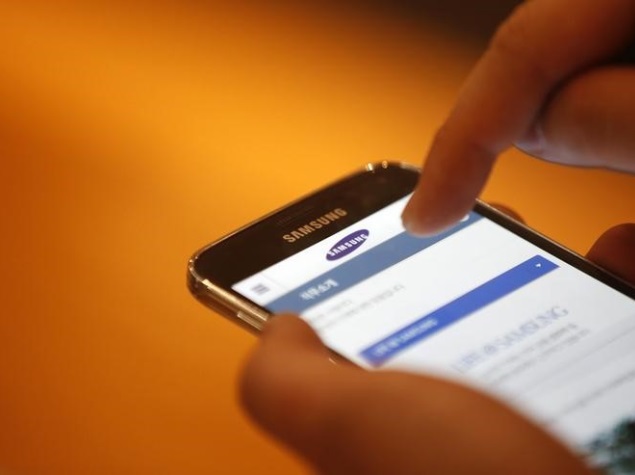
Samsung reported lower-than-expected profit for the second quarter on Thursday and said it was uncertain if handset business profit would improve during the current period, but a senior executive expressed hope that the launch of Samsung Galaxy Note 4 and another smartphone with new design and materials will be able to turn things around.
Robert Yi, Head of Investor Relations, told conference call that Samsung spent higher marketing expenses as competition increased in the mid- to low-end smartphones and because it tried to sell old products in the inventory ahead of new product launches in the fall. Tablet computers sales also fell, he said, citing weak demand.
Samsung did not unveil how many smartphones it sold. But research firm IDC estimated that Samsung shipped 74.3 million smartphones during the second quarter, down 4 percent from a year earlier, even as the overall smartphone market expanded 23 percent. Chinese vendors, Huawei and Lenovo, were the ones that largely drove global growth of smartphone sales, not Samsung.
Samsung was still the largest supplier of smartphones but its global market share fell to one quarter from 32 percent.
However, Kim Hyunjoon, Senior Vice President at Samsung's mobile business, told the conference call that several new handset models are in the pipeline for a launch in the next few months. They include a new flagship model in the large-screen category, presumably the Galaxy Note 4, which is expected to launch at IFA this year, and another premium phone with new designs and materials. Kim did not elaborate what the new materials would be, but it is possible that Samsung will finally move away from plastic and release a phone using metal.
However, that may not be enough for Samsung analysts said the company struggled in emerging markets as consumers using Android handsets were more willing to try devices from other brands. Switching between different Android devices has become easier and cheaper than before for consumers, giving less reasons for users to stick with one brand.
"We are hitting a phase where even in emerging markets people are not buying their first smartphones anymore. They are becoming more familiar with different kinds of brands," said Melissa Chau, senior research manager at IDC, a market research firm. "Just staying on Android is not going to keep you in one brand."
That would make it more important for Samsung to develop unique services just for its Galaxy phone users or come up with its own software that does not rely on Google's Android. But Samsung stumbled in its push to take a step away from Google service. Earlier this week, it delayed the release of the first smartphone powered by Tizen, its own mobile operating system, just two months after promising its release. It did not give a future schedule.
Written with inputs from Associated Press

0 comments:
Post a Comment